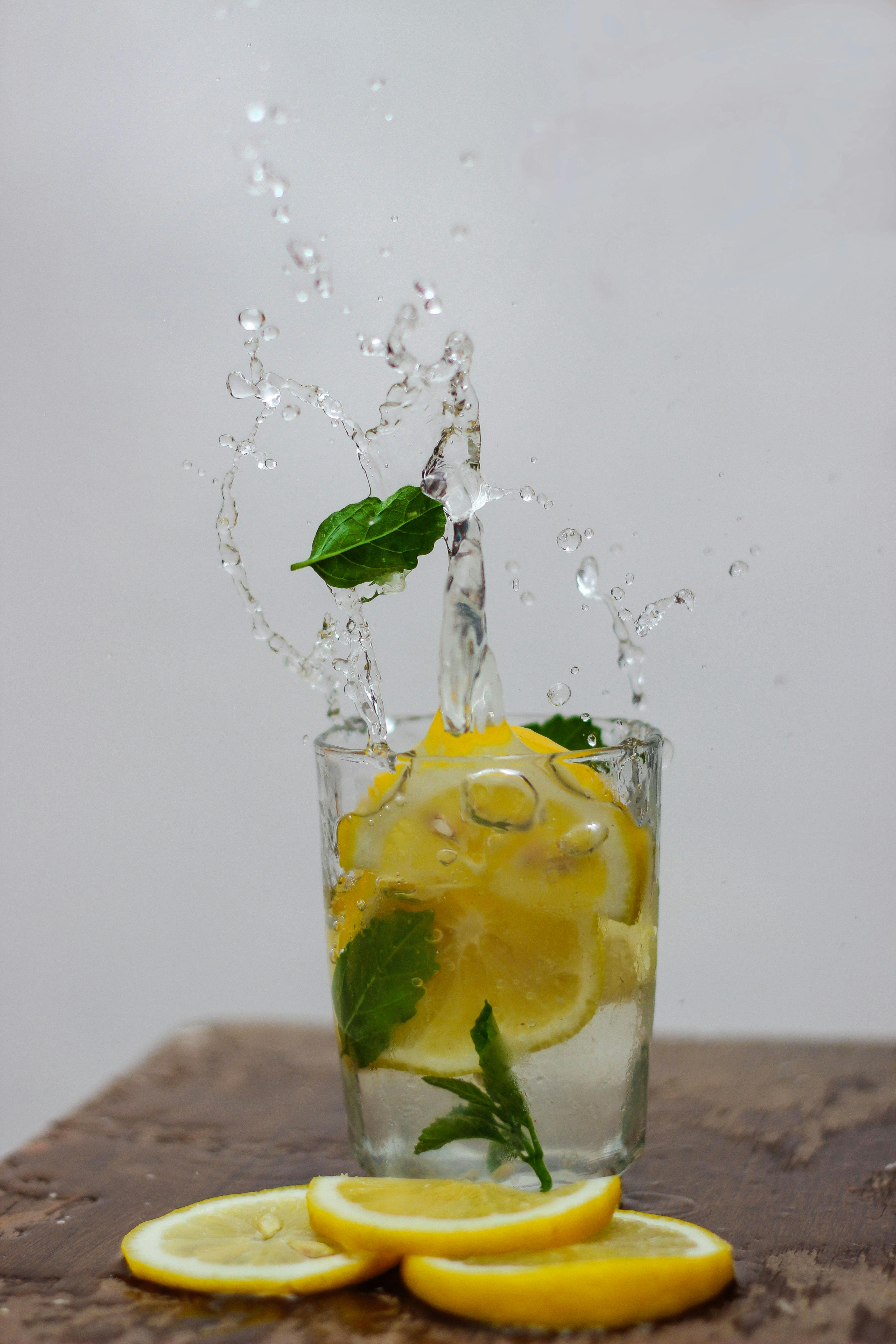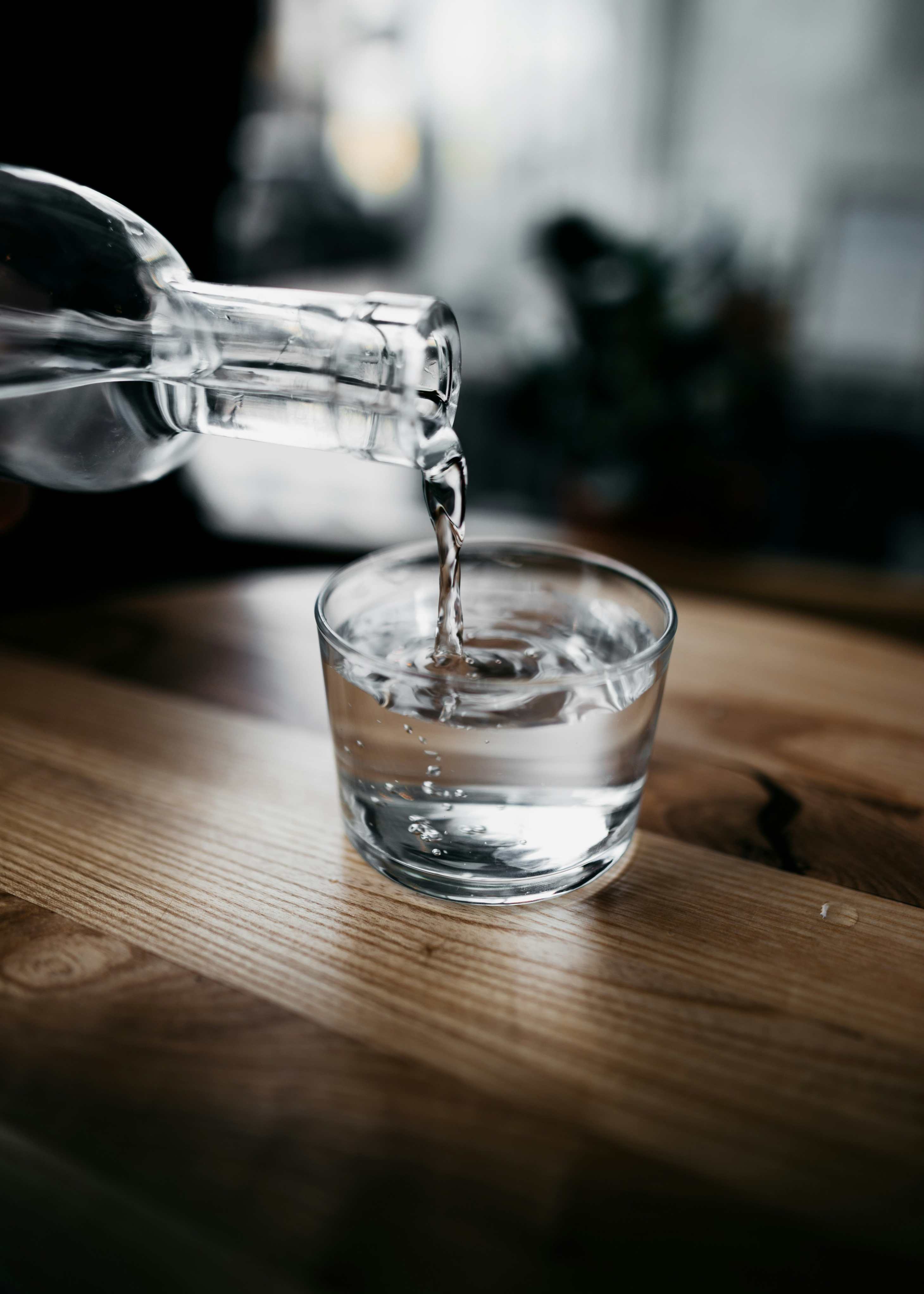
Stress is hardly a modern stranger. From tight deadlines to constant notifications and the everyday grind of simply keeping up, many people are living in a constant state of tension.
While most conversations around stress relief revolve around yoga, breathing techniques, mindfulness apps, or expensive spa retreats, or just someone saying "try to calm down" a surprisingly simple tool has been gaining attention: water.
Yes, the humble act of staying hydrated could play a real role in stabilising mood and emotional reactions. So, next time when someone asks you if you had water, make sure you do.
Now, it is not a miracle cure, but growing research and clinical insights show that hydration quietly shapes how the brain copes with pressure.
To understand this better, we spoke to experts.
Water For Stress Management
According to Dr Santosh Chavan, Consultant, Psychiatry, Jupiter Hospital, Pune, even slight dehydration can influence the brain centre responsible for controlling mood and emotional reactions..
"Water has the potential to ease stress since slight dehydration influences the brain with regard to controlling mood and emotional reactions. In case of a lack of hydration in the body, the level of cortisol (the stress hormone) may increase, thus stress may seem more acute. With proper hydration, one can maintain constant energy, have better concentration and the various natural calming systems that the body has," Dr Chavan says.

Even slight dehydration can impact emotions. Photo: Unsplash
He adds that adequate hydration avoids headaches, fatigue, and irritability, which are common triggers that make stress feel worse. Water does not erase stress, but it creates physiological balance that helps the body cope with emotional strain more effectively.
Dietitian and Certified Diabetes Educator Dr Archana Batra agrees. She says, "Adequate hydration plays a measurable role in reducing stress levels. Even mild dehydration (as little as 1-2 per cent) can increase cortisol, making individuals feel more anxious, fatigued, or irritable."
How Hydration Affects The Brain And Nervous System
The science behind hydration and stress gets even more interesting. Dr Chavan explains that water maintains efficient blood circulation to the brain, ensuring improved oxygen supply and clearer cognition in stressful conditions.
"It also helps in making and maintaining the balance of neurotransmitters that balance the mood," he notes. When dehydration worsens, the body releases more cortisol, which increases mental anxiety and affects physiological balance, from heart rate to temperature regulation.
Dr Archana adds on how hydration influences the nervous system further. "The brain is about 75% water. Proper hydration helps maintain cognitive clarity, emotional regulation, and steady nerve signalling, all crucial for managing stress," she adds.
She adds that water also ensures smooth transport of vitamins, minerals, and amino acids needed to produce neurotransmitters like serotonin and GABA, which calm the body.
Dehydration, on the other hand, contributes to headaches, muscle tension, palpitations, and fatigue that mimic or worsen stress.
How To Hydrate Right
It is not enough to drink water occasionally and expect better stress management. Consistency matters. Dr Chavan recommends spreading intake throughout the day:
"Rather than consuming high ratios once in a day, hydrate yourself gradually over the day to sustain constant physiological activity," he says.
He highlights that fatigue, lack of concentration, or dry mouth are early signs of dehydration and should be addressed promptly. Associating water with daily routines or using reminders can help maintain consistent hydration.

Fatigue, lack of concentration, or dry mouth are early signs of dehydration. Photo: Unsplash
Dr Archana adds, "Drink consistently, not just when thirsty. Thirst is a late signal. Small, regular sips throughout the day keep the body's stress response stable. Aim for 2.5-3 litres daily, start your morning with 1 glass of water, and consider adding electrolytes or minerals once a day to improve absorption."
She emphasises limiting dehydrating beverages like excess caffeine and alcohol, adding hydration-rich foods like fruits and soups, and tracking hydration through urine colour. For her, hydration is not a standalone stress-relief tool, but a foundational support that strengthens emotional resilience.
What Research Says
- The connection between hydration and mental wellbeing has also been supported across multiple studies. A 2018 study on over 3,300 Iranian adults found that those drinking fewer than two glasses of water per day had significantly higher risk of depression and tended to show higher anxiety compared with those consuming five or more glasses daily.
- In 2014, research on mood and water intake revealed that people who increased water consumption reported feeling less tired and confused, while regular high-water drinkers who had to reduce intake felt less calm and less content.
- A recent 2025 physiology paper further suggests that hydration status influences cortisol regulation and stress reactivity, meaning poorly hydrated individuals may experience a stronger hormonal stress response.
Together, these findings reinforce what experts are observing clinically: hydration is not a mental-health cure, but it meaningfully supports the brain's ability to stay calm and think clearly.
The Final Sip
Stress is inevitable, but hydration acts as a quiet yet powerful stabiliser in the background. It supports brain chemistry, hormone balance, cognitive sharpness, and physical comfort: all of which influence how well people handle emotional strain.
Drinking water will not eliminate work pressure or solve complicated life problems, but it gives the mind and body the physiological grounding needed to cope.
Track Latest News Live on NDTV.com and get news updates from India and around the world

